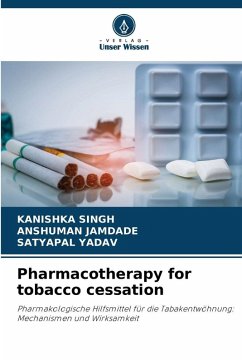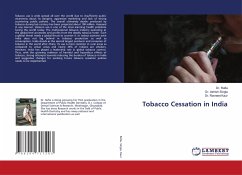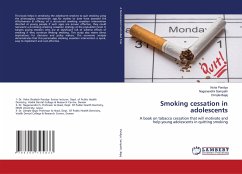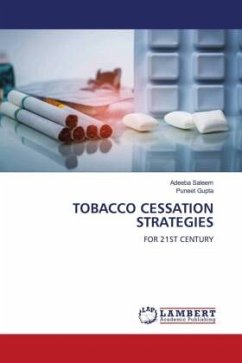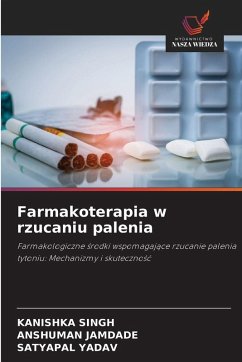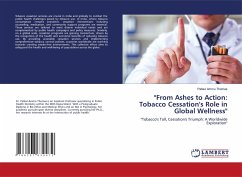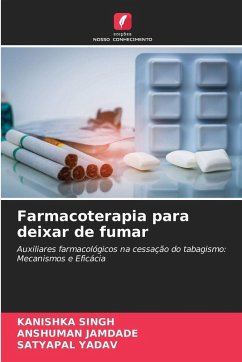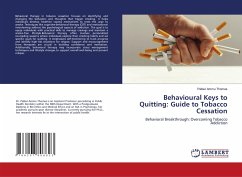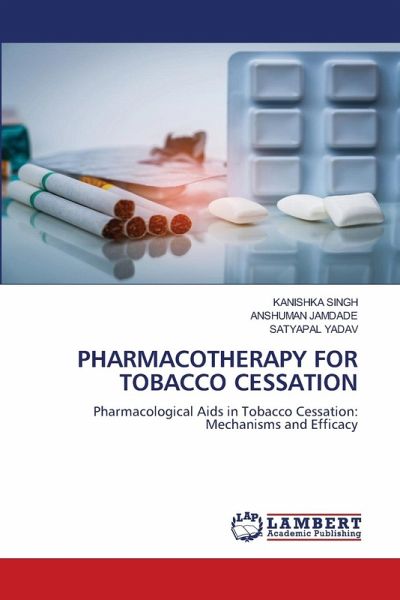
Pharmacotherapy for Tobacco Cessation
Versandkostenfrei!
Versandfertig in 6-10 Tagen
45,99 €
inkl. MwSt.

PAYBACK Punkte
23 °P sammeln!
Ironically, tobacco has transitioned from a medicinal plant to a major public health crisis. Nicotine, its primary component, is highly addictive, making smoking cessation crucial. Counseling is effective but more successful when combined with pharmacotherapy, nearly doubling cessation rates. Clinical trials confirm the efficacy and safety of first-line treatments like nicotine replacement therapy (NRT), bupropion, and varenicline, as well as second-line options like clonidine and nortriptyline. NRT, the most accessible treatment, alleviates withdrawal symptoms and supports quitting. The choic...
Ironically, tobacco has transitioned from a medicinal plant to a major public health crisis. Nicotine, its primary component, is highly addictive, making smoking cessation crucial. Counseling is effective but more successful when combined with pharmacotherapy, nearly doubling cessation rates. Clinical trials confirm the efficacy and safety of first-line treatments like nicotine replacement therapy (NRT), bupropion, and varenicline, as well as second-line options like clonidine and nortriptyline. NRT, the most accessible treatment, alleviates withdrawal symptoms and supports quitting. The choice of NRT depends on individual needs, with higher-dose options preferred for highly dependent smokers. Bupropion enhances cessation, particularly for motivated individuals, but has contraindications, including severe cardiovascular disease. Varenicline, designed specifically for smoking cessation, significantly increases quit rates and reduces cravings.Both NRT and non-NRT options require prescriptions and can be costly, but preventing relapse is the ultimate goal. Early relapse is common, especially among those with depression or alcohol dependence, where bupropion proves beneficial.



